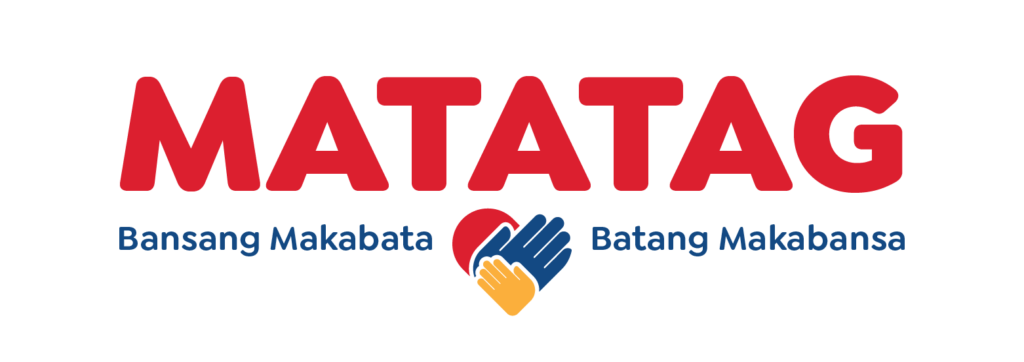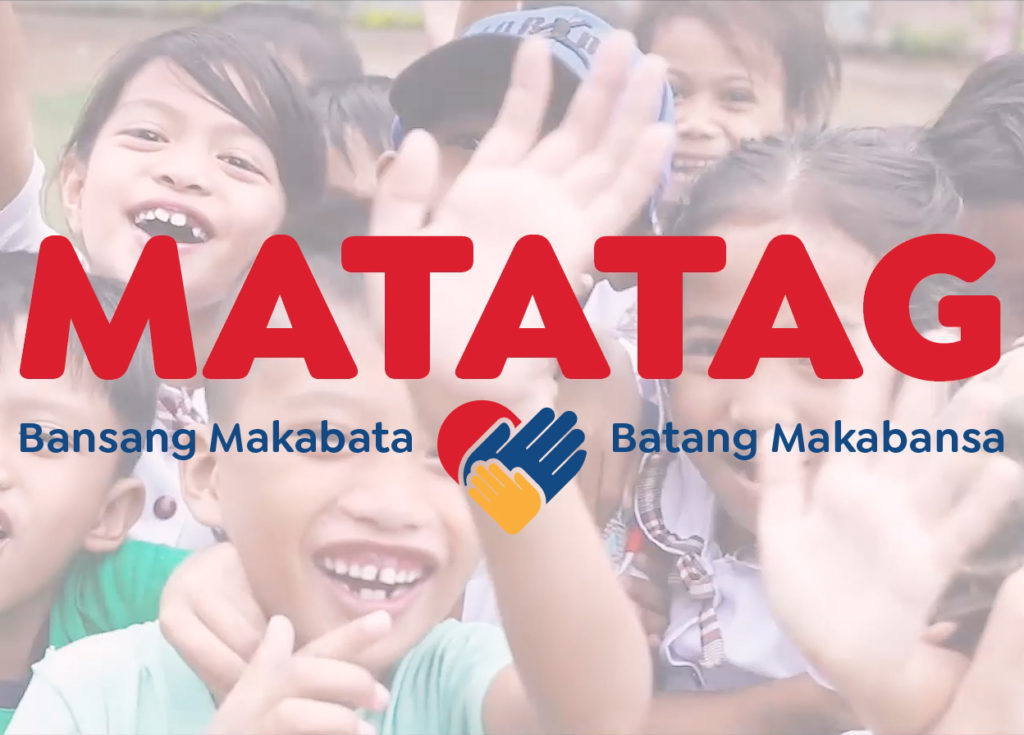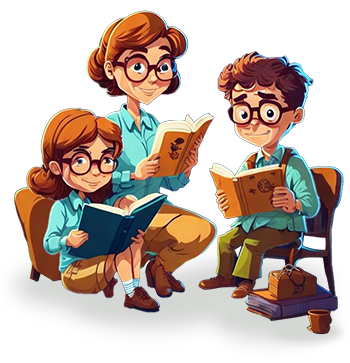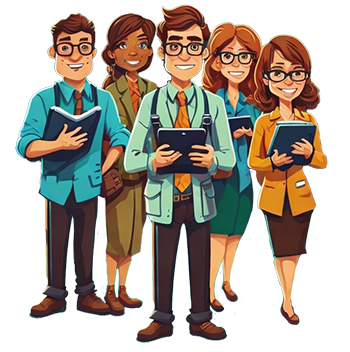
Download the Matatag Curriculum General Shaping Paper Here
The K to 12 Basic Education Program in the Philippines aims to address local and global educational needs by strengthening Filipino values, fostering nationalism, cultivating productive citizens, ensuring environmental sustainability, and promoting global partnerships. This program represents a significant educational reform, intending to equip Filipino learners with 21st-century skills and bring the country’s basic education system up to international standards.
However, the K to 12 Program has faced its share of challenges. Despite its implementation, national and international standardized assessments have shown no significant improvement in the academic performance of Filipino students. Additionally, evolving research on learning processes and the changing needs of children prompted a re-examination and enhancement of the curriculum. The Department of Education, in collaboration with the Assessment Curriculum and Technology Research Centre (ACTRC), embarked on a comprehensive review of the curriculum to identify areas for improvement and ultimately elevate the quality of basic education.
This effort led to the creation of the MATATAG Curriculum, which aims to communicate the curriculum review process, set future directions, and provide a foundation for shaping papers in each learning area.
MATATAG: Bansang Makabata, Batang Makabansa
The MATATAG agenda, “Bansang Makabata, Batang Makabansa,” is the cornerstone of the current administration’s education strategy, addressing fundamental challenges in basic education. This agenda focuses on making the curriculum more relevant, accelerating the delivery of educational facilities and services, ensuring learner well-being and inclusivity, and providing support to teachers.
Living in the 21st century presents learners with constant adjustments to rapidly changing environments, requiring strong information literacy skills, digital competence, and adaptability. The job market demands 21st-century skills such as creativity, critical thinking, collaboration, and emotional and digital intelligence. Learners also need to develop global citizenship skills while coping with international crises and uncertainties. Therefore, an improved curriculum must equip learners to navigate these challenges, anticipate change, and become future leaders.
On the Quality of Student Learning: Indicators and Results
To ensure the effectiveness of educational reforms, baseline data and indicators are essential. National and international assessments, including the National Assessment Test (NAT), Early Language, Literacy, and Numeracy Assessment (ELLNA), and Basic Education Exit Assessment (BEEA), provide valuable insights into the state of basic education. These assessments highlight areas where improvements are needed, particularly in 21st-century skills like problem-solving, information literacy, and critical thinking.
Results from local and international assessments show that Filipino students have room for improvement, indicating the necessity for curriculum enhancements. The Department of Education emphasizes the role of assessment as feedback for curriculum implementation and refinement.
Curriculum Review as Basis for the K to 10 Curriculum Recalibration
The curriculum review process examines the intended, implemented, assessed, and achieved curriculum phases. The review revealed a substantial number of learning competencies, indicating curriculum relevance. However, it also identified issues such as insufficient teaching time and a mismatch between prerequisite skills and students’ knowledge. To address these concerns, the curriculum should be streamlined, prerequisites articulated, and learning competencies sequenced for systematic skill development.
Moreover, the national tests align with the intended curriculum but have cognitive demands that are sometimes too high. Inconsistencies in the testing frameworks must be addressed to ensure that curriculum testing accurately reflects student learning.
The MATATAG Curriculum represents a significant step in enhancing the K to 12 Basic Education Program in the Philippines. It acknowledges the challenges faced, the demands of the 21st century, and the importance of assessment data in curriculum development. The recommendations provided will guide the recalibration of the curriculum to better prepare learners for the future.
Download the Matatag Curriculum General Shaping Paper Here















